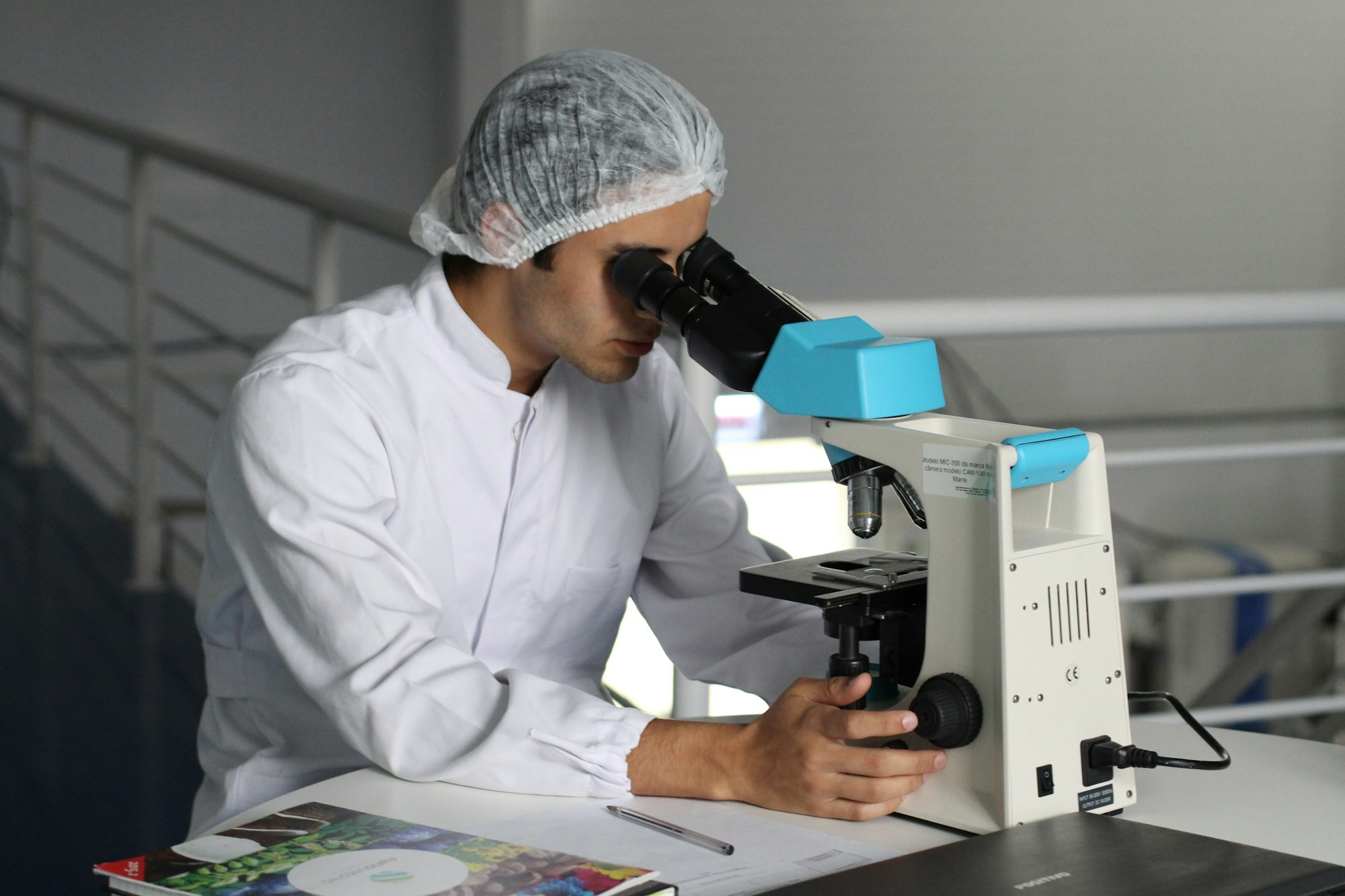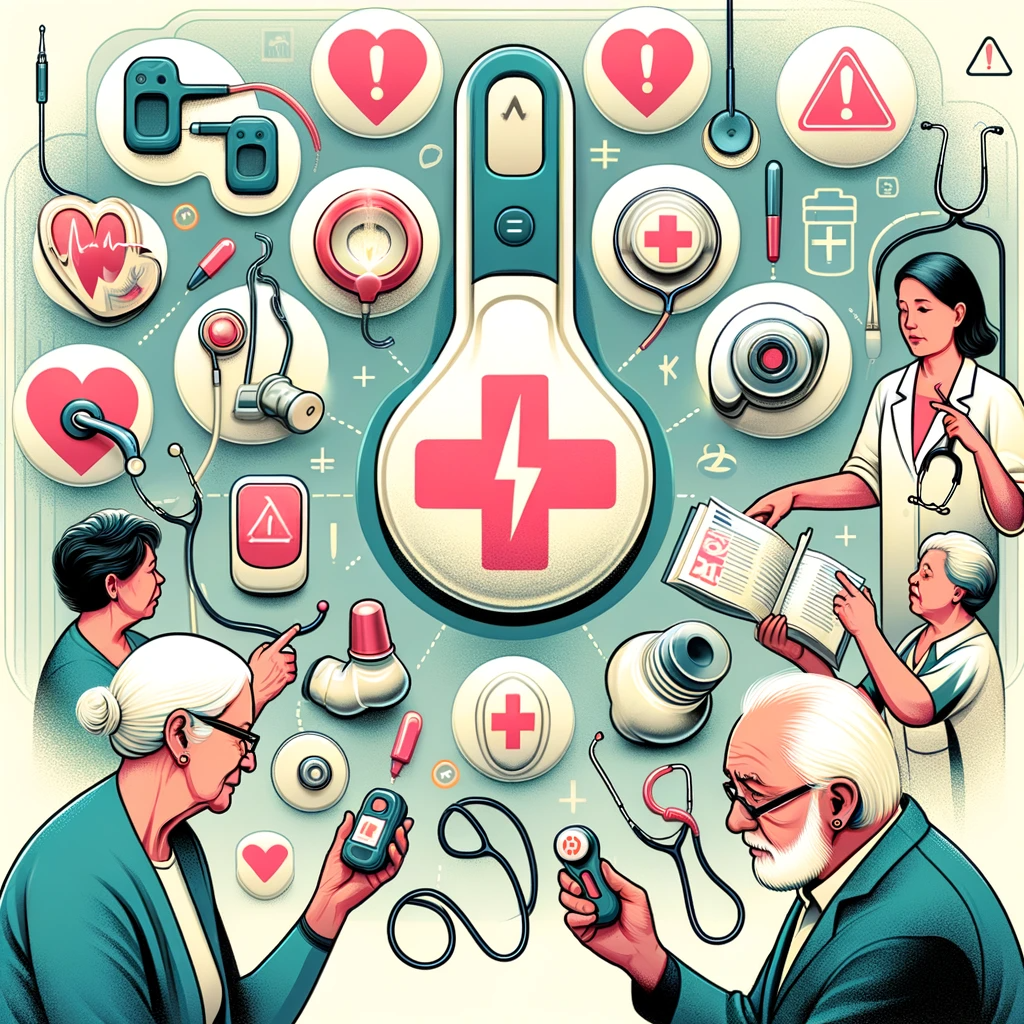Protect Yourself from Antibiotic Resistant Bacteria Superbugs
Antibiotic resistant bacteria superbugs, like CRE, are a growing threat that infect over 2 million people in the US annually and kill at least 25,000.

Understanding the Threat of Superbugs
Superbugs are a growing concern worldwide, with the World Health Organization (WHO) warning that antibiotic resistance could lead to a post-antibiotic era. This means that common infections and minor injuries, which have been treatable for decades, could once again become deadly. The Centers for Disease Control and Prevention (CDC) estimates that at least 2 million people in the United States become infected with antibiotic-resistant bacteria each year, resulting in at least 23,000 deaths.
Superbugs can spread quickly, especially in healthcare settings, and can cause a range of infections, including pneumonia, bloodstream infections, and sexually transmitted infections. One of the most well-known superbugs is methicillin-resistant Staphylococcus aureus (MRSA), which can cause severe skin infections, pneumonia, and bloodstream infections. The rise of antibiotic resistance is a major driver of the spread of superbugs, as the overuse and misuse of antibiotics have contributed to the development of antibiotic-resistant bacteria.
The implications for public health are significant, leading to increased morbidity, mortality, and healthcare costs. Understanding the threat of superbugs is crucial for developing effective strategies to prevent and control their spread. By recognizing the severity of the issue and taking proactive measures, we can work towards mitigating the impact of these dangerous pathogens.
Protecting Yourself from Antibiotic Resistant Superbugs
Antibiotic resistant bacteria superbugs, like CRE, are a growing threat that infect over 2 million people in the US annually and kill at least 25,000.
Antibiotic Resistant Bacteria Superbug
Antibiotic-resistant bacteria superbugs, like CRE (Carbapenem-resistant Enterobacteriaceae), pose a significant threat to public health. These resilient bacteria have developed resistance to commonly used antibiotics, making infections challenging to treat. In the wake of the COVID-19 pandemic, the prevalence of antibiotic resistant superbugs has risen, further complicating the fight against infections. In the United States, over 2 million people are infected by antibiotic-resistant bacteria annually, resulting in at least 25,000 deaths. Understanding how these superbugs develop and implementing preventive measures is crucial in safeguarding our health.
Understanding Antibiotic-Resistant Bacteria Superbugs:
Over the last century, antibiotics have been instrumental in treating bacterial infections effectively. However, bacteria have evolved, and some have developed mechanisms to resist the action of antibiotics. These drug resistant bacteria pose a severe threat to public health. When antibiotics are overused or misused, some bacteria survive and adapt, leading to the emergence of antibiotic-resistant strains, commonly referred to as superbugs. Antibiotics are initially effective to treat infections, but over time, pathogens can mutate and develop resistance, complicating the treatment process. The prevalence of drug resistant infections, especially in conflict zones, poses significant health risks and challenges in treating infections caused by these superbugs.
The Dangers of Overuse and Misuse:
One of the major contributors to the rise of superbugs is the overuse and misuse of antibiotics. Avoid pressuring healthcare providers for antibiotics when they are not necessary, especially for viral infections like the common cold or flu. Over-prescription of antibiotics contributes to the development of resistant bacteria. It is essential to take antibiotics only as prescribed and to complete the full course of treatment. The problem of unnecessary antibiotics prescribed to patients exacerbates the development of drug-resistant bacteria.
Promote Proper Hand Hygiene:
Practicing good hand hygiene is one of the most effective ways to prevent the spread of infections, including superbugs. Regularly washing hands with soap and water for at least 20 seconds is crucial, especially before eating, after using the restroom, and after coughing or sneezing. Use of alcohol-based hand sanitizers with at least 60% alcohol is also recommended when soap and water are not available.
Practice Respiratory Etiquette:
Cover your mouth and nose with your elbow or a tissue when coughing or sneezing to prevent the spread of respiratory droplets containing bacteria. Avoid coughing or sneezing into your hands, as it increases the risk of transferring germs to surfaces and other people.
Avoid Sharing Personal Items:
Avoid sharing personal items such as razors, towels, and personal care items, as these can harbor bacteria and contribute to the spread of infections.
Be Mindful of Antibiotics in Food:
Be aware of the use of antibiotics in the food chain, particularly in livestock and agriculture. Consuming meat from animals treated with antibiotics may contribute to the development of antibiotic-resistant bacteria in humans. Choose organic and antibiotic-free products whenever possible.
Conclusion: A superbug infection refers to infections caused by microorganisms resistant to commonly used antibiotics. Antibiotic-resistant bacteria superbugs pose a serious and growing threat to public health. Understanding the development and spread of these resilient bacteria is essential for implementing effective preventive measures. By advocating for the responsible use of antibiotics, practicing proper hand hygiene, following respiratory etiquette, avoiding the sharing of personal items, and being mindful of antibiotics in food, we can protect ourselves and others from the dangers of antibiotic-resistant infections. The rise of superbug infections is a critical concern linked to the misuse of antibiotics. Collaborative efforts at the individual and community levels are key to combating the rise of superbugs and preserving the effectiveness of antibiotics for future generations.
Prevention and Protection Strategies
Preventing the spread of superbugs requires a multi-faceted approach that involves individuals, healthcare providers, and policymakers. One of the most effective ways to prevent the spread of superbugs is through proper hand hygiene, including washing hands frequently with soap and water. Healthcare providers can also play a critical role by following proper infection control protocols, such as using personal protective equipment (PPE) and sterilizing equipment.
Antibiotic stewardship programs are essential in reducing the overuse and misuse of antibiotics, which can contribute to the development of antibiotic-resistant bacteria. These programs promote the responsible use of antibiotics, ensuring they are prescribed only when necessary and in the correct dosages.
Individuals can protect themselves from superbugs by practicing good hygiene, getting vaccinated, and avoiding close contact with people who are sick. Policymakers can support these efforts by implementing policies that promote antibiotic stewardship and infection control. Education and awareness are also critical components of preventing the spread of superbugs, as they can help individuals understand the risks and take steps to protect themselves.
By working together at the individual, community, and policy levels, we can develop and implement effective strategies to combat the rise of superbugs and protect public health.
Conclusion:
Antibiotic-resistant bacteria superbugs pose a serious and growing threat to public health. Understanding the development and spread of these resilient bacteria is essential for implementing effective preventive measures. By advocating for the responsible use of antibiotics, practicing proper hand hygiene, following respiratory etiquette, avoiding the sharing of personal items, and being mindful of antibiotics in food, we can protect ourselves and others from the dangers of antibiotic-resistant infections. Collaborative efforts at the individual and community levels are key to combating the rise of superbugs and preserving the effectiveness of antibiotics for future generations.
More articles for you ...

















